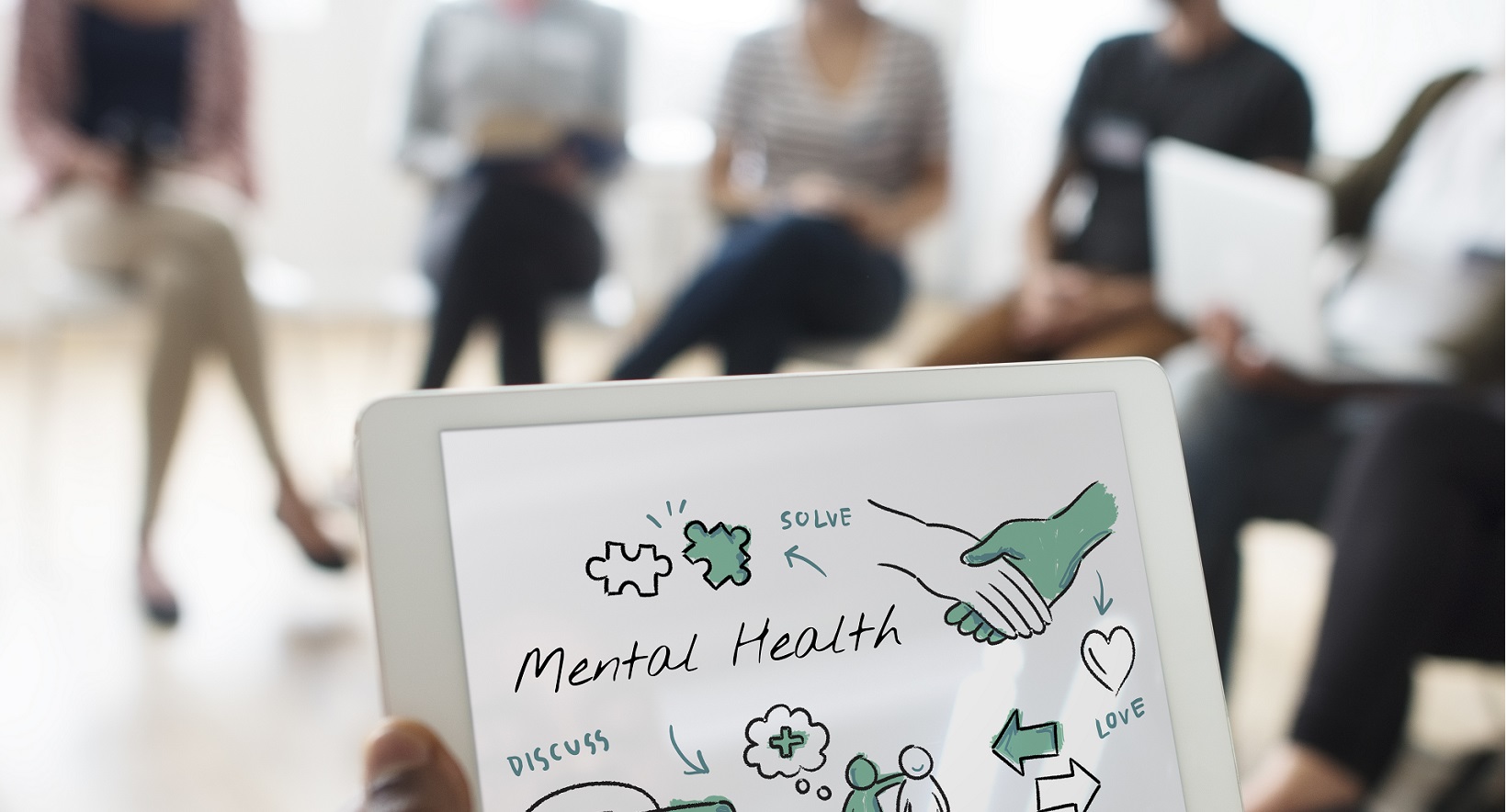Call Ahead Care Line: (281) 783-8162

Are there effects of mental health on physical health? Research suggests so, but what exactly are these effects? We dive into the answer and more.
Though the mind and body are often thought of to be separate entities, the overall health of the two coincide significantly. Both mental and physical health are extremely important attributes to pay attention to and nurture, and both of these can have drastic effects on one’s overall wellness. Studies show that 30-40% of adults who suffer from mental health issues are more likely to experience negative or unhealthy physical conditions, as well as experience long-term related challenges.
On the flip side of this ratio, studies show that those suffering with extreme physical illnesses like cancer, diabetes or high blood pressure are also more likely to suffer from mental health problems, especially depression. So pertaining to overall health and wellness, mental health and physical health are directly correlated, even if negative symptoms of the physical nature (of some kind) are onset first.
If someone is suffering from one or many mental health issues such as depression, high anxiety, or bipolar disorder for example, various aspects of their lifestyle can be directly effected. One with mental health issues might also experience lifestyle challenges in the following areas:
While there are inarguable effects of mental health on physical health, there are various lifestyle changes, practices, and integrations that can naturally aid both aspects. To fuel overall wellness, here’s some things to consider:
Don’t Overlook Exercise
Not only does exercise keep you in shape physically, but regular physical activity has been shown to reduced anxiety, depression, and improve cognitive function. Further, exercise also promotes self esteem, which directly influences mental health.
What You Eat Matters
Poor diet can obviously lead to obesity, heart problems and other illnesses, but has also been shown to increase depression, stress levels and even impaired decision making. While cheat meals are fun in moderation, treat your brain and body to a healthy diet regularly!
Good Sleep is a Must
Hands down, there’s no substitute for sound regular sleep. Not only is the body physically repaired and even healed during sleep, but good sleep improves cognitive function, memory retention, and learning capability. Bad sleep is often a side effect of poor mental health.
Commit to Community
Remember, solitude and isolation are two completely different things. Poor mental and physical health can cause one to isolate from family, friends and others in the community. If you feel a consistent need to withdraw due to emotional factors, reach out to a trusted family member, friend, or avenue of self-help.
Communicating mental health struggles is the first step on a road to recovery, empowerment, and healing, one that nobody should have to undergo alone. If you or a loved one are experiencing struggles in this area, reach out to someone you know and trust. Further, medical experts serve on the front lines of mental health improvement in a variety of ways, and can be a trusted source of referral to a specialist if need be.
We improve our services by using Microsoft Clarity to see how users interact with our website. By using our site, you agree that we and Microsoft can collect and use this data.